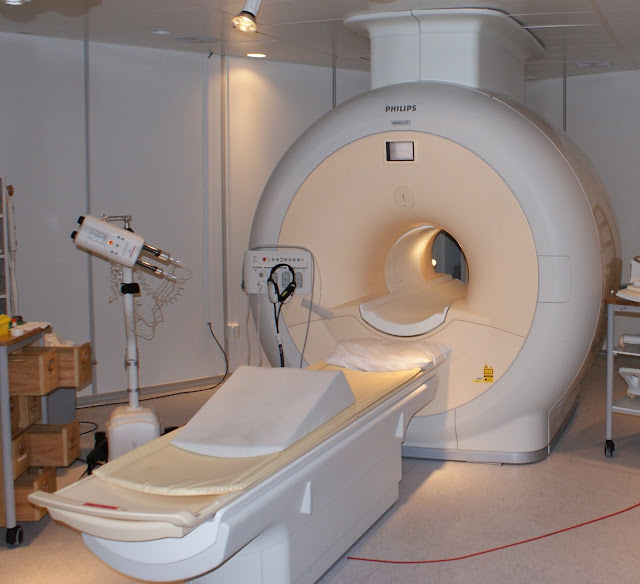Quality Care : Chronic Dialysis Treatment In Malaysia
Quality Care : Chronic Dialysis Treatment In Malaysia
The kidneys are two bean-shaped organs that are about the size of our fist. Everyday, the kidneys work hard to filter approximately 180 litres of fluid and in turn produce roughly 1 - 2 litres of urine, composed of waste materials and extra fluid. Kidney is also an organ that produce certain essential hormones such as renin and eruthropoietin.
As the world is evolving, it is a big no thank you to our unhealthy eating habits and lifestyles that subsequently lead to our kidneys falling sick. It is reported, in 2017, there are 40,000 kidney failure cases in Malaysia with the major contributor being the patient with pre-existing Diabetes Mellitus (61%) and Hypertension (18%). Our beloved country is already a "champion" among Asean countries for our highest number of people with obesity problem, if our unhealthy lifestyle continues, according to experts, we may be the country with highest rate of kidney failure due to Diabetes Mellitus in 2030. This is not something that we should be proud of.
What is chronic kidney disease? It is a worldwide health problem which describes the gradual loss of kidney function. When chronic kidney disease reaches an advanced stage, dangerous level of fluid and wastes can build up in our body. Eventually, the kidneys can no longer give its best performance, resulting in the need to receive dialysis treatment.
This will then lead us to the topic that we are going to discuss, what is dialysis? Dialysis is a treatment that takes over your kidney functions if those organs stop doing their jobs. There are 2 types of dialysis - haemodialysis and peritoneal dialysis. In Malaysia, according to the 22nd Report of the Malaysian Dialysis and Transplant Register, there are 30,000 dialysis patients and in 2015, there are nearly 40,000 Malaysian required regular dialysis with 90% of them undergo haemodialysis treatment.
According to National Renal Registry, there are more than 750 licensed dialysis centre operated in Malaysia. The number is on the increasing trend. Align with the increased in quantity, it should be the same in terms of quality. Patient will definitely have that one question in mind, is it safe for me to go to this dialysis centre? Is it providing the optimum care during my visit? How about the quality of care this centre provided?
This is where the role of Malaysian Society for Quality in Health (MSQH) come into play. MSQH is an internationally recognized accreditation organization that promote and improve safety and quality in healthcare field. In collaboration with Malaysian Society of Nephrology, National Kidney Foundation, and Ministry of Health, the 1st edition of Chronic Dialysis Treatment Standards had officially developed in the year 2013. After 4 years of implementation, the 1st edition is reviewed and upgraded. The 2nd edition of Chronic Dialysis Treatment Standards will be officially implemented in July 2017.
The Chronic Dialysis Treatment Standards is applicable to all dialysis facilities and services whether in public setting, private and as well as facilities that run by Non Governmental Organizations (NGOs). Currently, there are 6 dialysis centres in the country that have been awarded with the Chronic Dialysis Treatment Standards certification from MSQH. The purpose of these standards are to ensure safe medical practice, patient safety, and quality service at all dialysis facilities and services. For further information, you may refer to MSQH website : www.msqh.com.my ; or just email to msqh@msqh.com.my ; or you can give a call to 03-26812232.






Ulasan